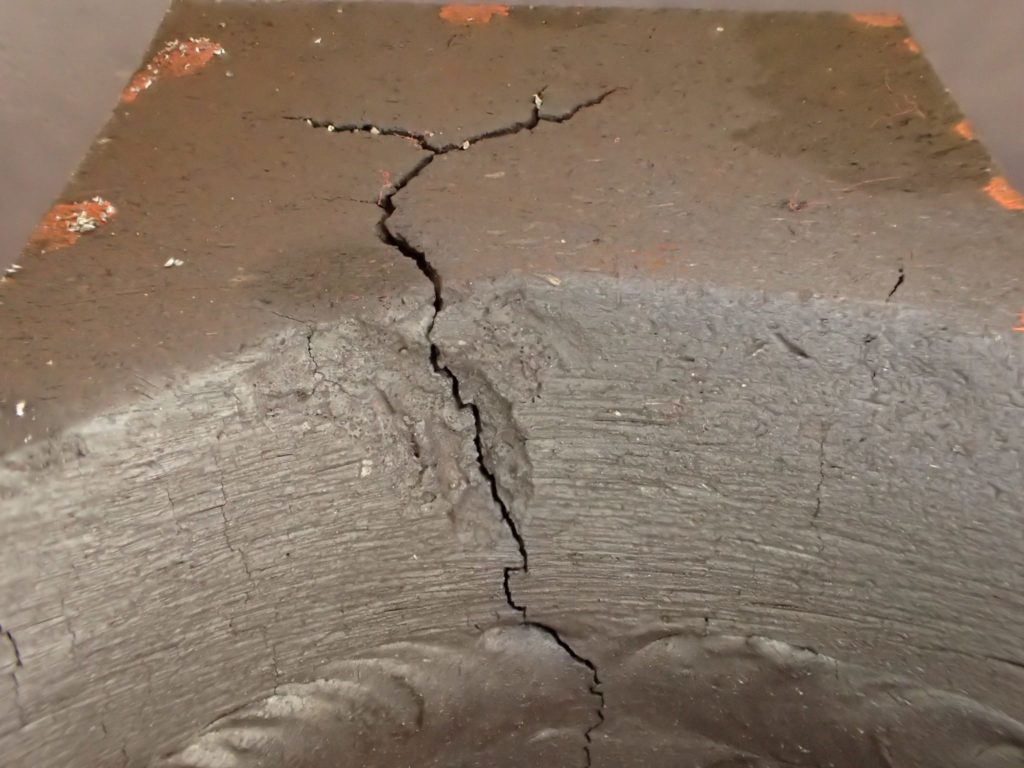When you find a problem – we help you deal with it correctly.

How Bad Is It?
Damage to a component does not always mean it has to be removed from service. Fitness-for-service assessments are intended to help determine how bad the damage is and whether the components or system can be safely used. In some cases, modifications to operating procedures or parameters like pressure are required based on these analyses. We can help you understand and evaluate the best course of action after corrosion or damage are observed.
What is Fitness-For Service Assessment?
Fitness-for-Service (FFS) is a comprehensive evaluation methodology used to assess the structural integrity of equipment and assets in various industries, including oil and gas, petrochemical, and power generation. FFS evaluations are essential for determining if equipment can continue to operate safely and efficiently, even in the presence of flaws, damage, or corrosion. There are different levels of assessment depending on the damage and criticality of the equipment.
What Difference is There Between Level 1, Level 2, and Level 3 FFS Assessments?
The amount of detail and experience required in the assessments is the largest difference. An inspector or engineer may be able to perform a Level 1 assessment, which is the simplest and most conservative analysis. For Level 2 and 3 asssessment, an experience engineer with knowledge of the FFS process is required along with much more extensive detail of the particular situation. Level 2 requires calculations with significant amount of data, while Level 3 may often include calculations, simulations, and/or simulated testing.
The Fitness for Service (FFS) Process
Expert professional engineers from US Corrosion can help you with a multidisciplinary approach to determine if your equipment is fit for continued service. A risk-based inspection plan can also be implemented to help prevent any future issues with the particular component or across your entire facility. We follow API 579 and ASME FFS-1 practices, which detail the necessary inspection requirements for different types of damage, cracking, or flaws.

When needed, we also work with global accreditation bodies like ABS or DNV to help ensure pressure equipment is correctly stamped and accredited. Our metallurgical laboratory can provide a wide range of mechanical, chemical, NDT, welding, and microscopic analysis services to help support the investigation. In addition, we have decades of failure analysis and inspection experience to help you find and prevent future issues.
FFS Summary
Fitness-for-service should be a regular component of all integrity programs. It can reduce budgeting and completion time uncertainty, thereby saving costs and time during shutdowns. Much of the work can be completed before the shutdown occurs, helping accelerate the FFS process. By keeping vital equipment in operation longer, there can be significant cost savings. Finally, FFS often is used to ensure a component can continue to be safely used until a replacement is ready or a shutdown occurs. For Level 2 and 3 assessments, this may include suggested changes to operating parameters like pressure or temperature to ensure the equipment is within a safe operating range.